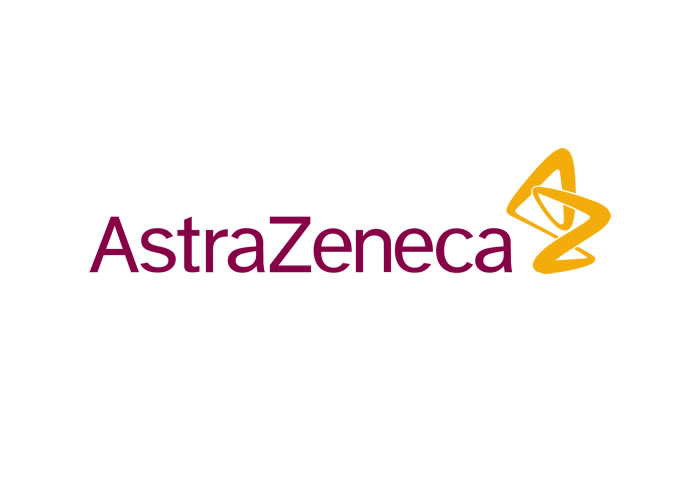
AZD2816 (COV-Variant)
A Phase II/III Partially Double-Blinded, Partially Randomised, Multinational, Active-Controlled Study to Determine the Safety and Immunogenicity of AZD2816, a Vaccine for the Prevention of COVID-19 Caused by Variant Strains of SARS-CoV-2

Project Details
Start Date
July 2021
End Date
2022
Status
Complete
Principal Investigator
Dr Matt Adam
Main Research Site
WGH
Although COVID-19 vaccines are now available in many countries, it is not known how well these vaccines will work against mutated or ‘variant’ forms of the SARS-CoV-2 virus.
The purpose of Study AZD2816 is to research 2 investigational vaccines for the prevention of COVID-19 caused by the Beta variant of the SARS-CoV-2 virus, which first emerged in South Africa.
This is a Phase II/III partially double-blinded, randomised, multinational, active-controlled trial in both previously vaccinated and unvaccinated adults to determine the safety and immunogenicity of AZD2816, a vaccine for the prevention of COVID-19 caused by variant strains of the SARS-CoV-2 virus.
Trial participants aged 18 years or over who are SARS-CoV-2 nucleocapsid seronegative will be randomised to minimise group differences in terms of age, gender and the presence of comorbidities. Participants will receive intramuscular administration of either Vaxzevria (5 ×1010 viral particles) or AZD2816 (5 ×1010 viral particles). In addition, seropositive participants will be enrolled, with a cap of 10% of the seronegative population, to support exploratory analysis.
AZD2816
AZD2816 has been built using the same adenoviral vector platform as with Vaxzevria, with minor genetic alterations to the spike protein based on the Beta (B.1.351, South African) variant. The Beta variant vaccine contains ten changes across the spike protein, many of which are also seen in other variants of concern, and which lead to effects such as, reduced ability of antibodies induced against the original virus to block cell entry (K417N, E484K, N501Y); increased infectivity compared to the original virus (D614G); reduced sensitivity of neutralising antibodies to the original virus (L452R). These modifications are only minor and in all other ways the two vaccines are the same.
Vaxzevria, formally AZD1222
Vaxzevria was co-invented by the University of Oxford and its spin-out company, Vaccitech. It uses a replication-deficient chimpanzee viral vector based on a weakened version of a common cold virus (adenovirus) that causes infections in chimpanzees and contains the genetic material of the SARS-CoV-2 virus spike protein. After vaccination, the surface spike protein is produced, priming the immune system to attack the SARS-CoV-2 virus if it later infects the body.
The vaccine has been granted a conditional marketing authorisation or emergency use in more than 80 countries across six continents. More than 600 million doses of COVID-19 Vaccine AstraZeneca have been supplied to 170 countries worldwide, including more than 100 countries through the COVAX Facility. In the UK, Vaxzevria is known as COVID-19 Vaccine AstraZeneca.
MAIN FUNDING BODY

